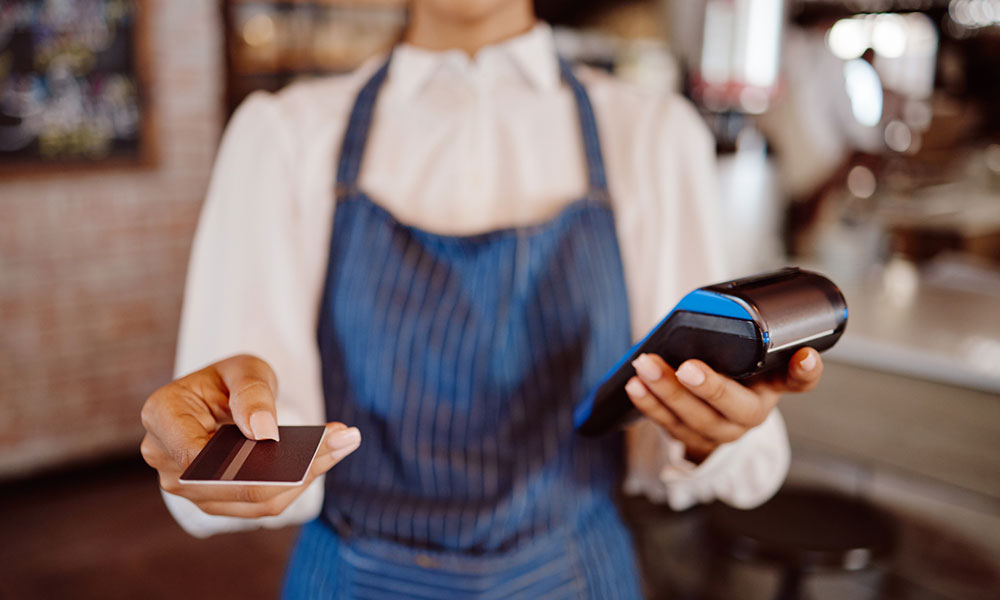Patience, respect and understanding from customers crucial for well-being of restaurant staff
In June 2020, Steven Brochu (Culinary Arts '06), owner of MilkCrate in downtown Edmonton, launched a new initiative aimed at addressing mental health issues in the food and hospitality industry.
MilkCrate Listens is a virtual place for industry members to share issues, ask questions and have them addressed by the community and experts. For his efforts, Brochu was recently recognized by Edify magazine as a Top 40 under 40.
But Brochu knows those efforts won't be enough on their own.
“Like anything with mental health, it does take time,” he says. “You can’t fix it overnight.”
That's why he feels it's important that customers play a role, too. What can we do? Here are Brochu’s five tips.
1. Be patient

The stress of the job may get to servers, and make being hospitable harder.
“Everyone is just doing the best they can,” says Brochu.
By staying mindful of the circumstances, customers can help servers do that.
2. Be generous, but intentional

If a restaurant notes on their menu that diners can buy beers for the kitchen, don’t do it, says Brochu.
“That’s a fun thing to do. It’s like you’re part of the party. But now what you’ve done is associate alcohol with a good job.”
If you’re really keen, ask if there’s another, healthier activity to contribute to, such as a group gym membership or a yoga class, Brochu adds. If not, you may have just planted an idea.
3. Be prepared for your bill to rise

“Get ready to start paying more,” says Brochu.
Previously thin margins have gone see-through thanks to the pandemic and inflation. To lessen stress on owners, and therefore employees, prices will have to rise.
“[If] I’m at a place where 20 people worked really hard to make this one thing for me, I need to be OK with spending 10 more dollars on it. That’s something that the entire industry needs to start waking up to.”
4. Reach out

If you frequent a particular spot, just show you care. Ask staff how they’re doing, send a positive email to the chef or manager afterward.
“Get to know the people who cook for you and take care of you for three hours,” says Brochu.
5. Be respectfully critical

“It’s absolutely OK to hold people accountable for a not-good experience,” says Brochu. “Just don’t be hurtful … as much fun as it is to tweet a negative photo and get those sweet, sweet dopamine hits.”
Send a private message instead.
“I can guarantee you’re going to get way better service from a polite email expressing concern than a [negative] tweet.”
Banner image by shapecharge/istockphoto.com